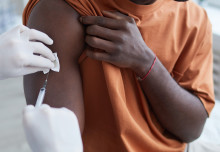

News in brief
COVID immunity study and green league ranking: News from the College
Here’s a batch of fresh news and announcements from across Imperial.



COVID immunity study and green league ranking: News from the College
Here’s a batch of fresh news and announcements from across Imperial.
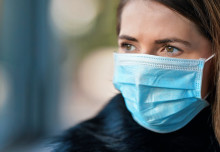

‘Issue of inequalities’ for long COVID patients needs to be addressed
The “big issue of inequalities” for long COVID patients who face ongoing symptoms and disability needs to be addressed, an expert has said.
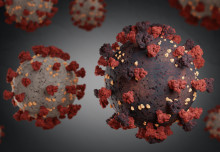

Imperial COVID-19 Response Team share new tool to assess threat of new variants
Imperial’s COVID-19 Response Team have developed a new tool to assess the threat of new variants in real-time.
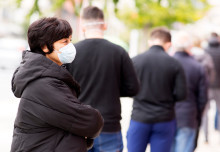

Expert ‘optimistic’ about possibility of tests for long COVID
There are reasons to be “optimistic” about the possibility of creating simple tests to determine if someone has long COVID, an expert has said.


British veterans with combat injuries at greater risk of cardiovascular disease
British soldiers injured in Afghanistan may have a higher risk of heart disease and stroke, compared to their uninjured colleagues.


Imperial awarded Queen’s Anniversary Prize for COVID-19 response
Imperial College London has been awarded a Queen’s Anniversary Prize for its response to the COVID-19 pandemic.
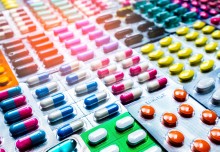

Audio
Podcast: HIV tests, infectious reading, and the fight for cheaper drugs
In this edition: A new test to monitor treatment-resistant HIV, a book tracing the fight against infection, and how the NHS can make cheaper drugs.


COP26: The time for delivery is now, say Imperial experts
Experts discuss the work that needs to happen now, after the UN climate change conference concluded with a new agreement, the Glasgow Climate Pact.


German science leaders commend public health innovation at White City Campus
German science leaders visited Imperial’s White City Campus to discover how researchers are working with the local community on health challenges.


Scientists use graphene sheets to improve lab-on-chip diagnostic tests
Imperial College London researchers have improved an electronic sensor that can be used for fast detection of infectious diseases like COVID-19.